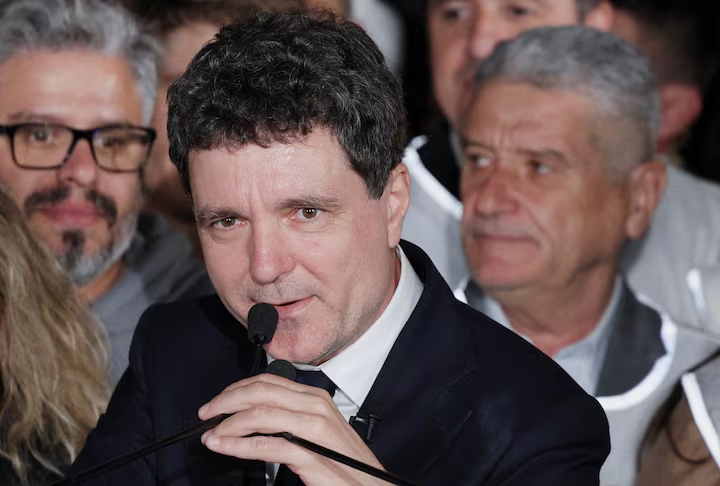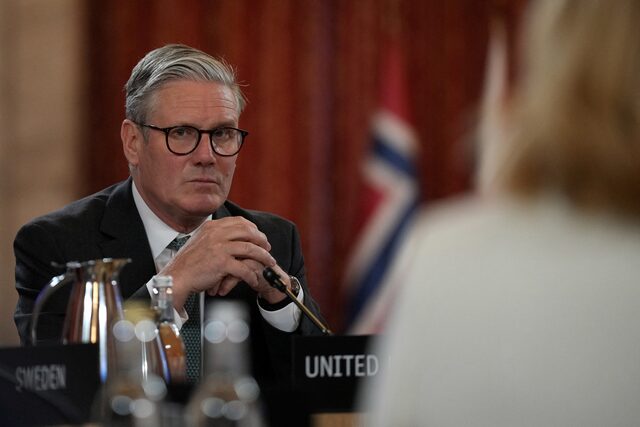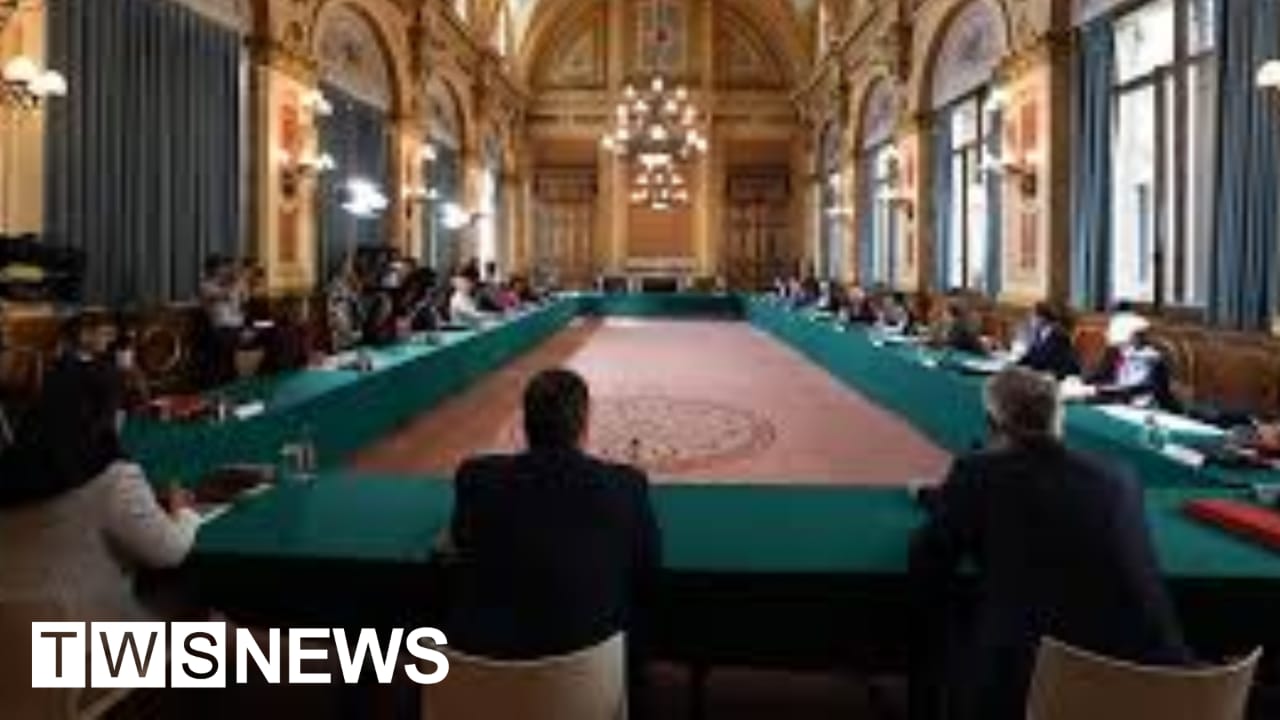Romania’s President-elect Mircea Geoană announced on May 22, 2025, that the country’s realistic budget deficit target for 2025 is 7.5% of GDP, a figure well above EU fiscal recommendations but one he described as essential for economic stability and social cohesion.
Geoană, a former NATO deputy secretary-general, was elected on a platform of economic pragmatism and anti-corruption, and has now begun signaling his government’s fiscal direction ahead of formal transition later this year. His statement suggests Romania will prioritize investment and social spending even at the cost of exceeding EU deficit ceilings.
“We cannot afford fiscal fantasy, but we also cannot afford austerity,” Geoană told local media. “A 7.5% deficit is realistic given our commitments and challenges.”
📉 Exceeding EU Fiscal Limits
The European Union Stability and Growth Pact caps budget deficits at 3% of GDP, a rule that Romania has consistently breached since the pandemic. The European Commission has repeatedly urged Bucharest to rein in spending, but political leaders have argued that doing so too quickly would undermine growth and social stability.
Geoană’s projection reflects concerns over rising public sector wages, pension obligations, and ongoing infrastructure investments. Analysts say his comments indicate an unwillingness to impose austerity measures that could inflame social unrest ahead of parliamentary elections expected in late 2025.
💬 Domestic and Market Reactions
The statement sparked mixed reactions in Romania. Business groups welcomed the clarity and realism, saying it was better to acknowledge the deficit gap early rather than mask it with over-optimistic forecasts. However, some economists warned that maintaining such a high deficit could increase borrowing costs and undermine investor confidence.
“A 7.5% deficit may be sustainable in the short term, but the government must lay out a clear consolidation path,” said economist Ionuț Dumitru.
🏛️ EU Pressure Likely to Mount
Romania is already under EU fiscal surveillance, and Geoană’s stance may increase tensions with Brussels. The European Commission is expected to review Romania’s economic plan in its upcoming Country Report, and failure to meet fiscal correction milestones could trigger sanctions or cuts to EU cohesion funds.
Nonetheless, Geoană maintains that Romania must balance fiscal discipline with national development goals, and said his government would pursue tax reforms and efficiency in public spending while avoiding harmful cuts.
💶 Broader Fiscal Context
Romania’s economy has shown moderate growth, but structural issues persist, including a large informal sector, tax evasion, and inefficient public services. The country also faces pressure to boost defense spending in line with NATO commitments, while maintaining support for education, healthcare, and rural development.
Geoană’s remarks suggest his administration will seek to negotiate flexibilities with the EU while keeping social priorities intact.
⏭️ What to Watch
- Reaction from the European Commission in its fiscal compliance assessments
- Impact on Romanian bond yields and credit ratings
- Details on new tax policies or revenue-enhancing measures
- Political response from opposition parties and labor unions
- Implementation of structural reforms tied to EU recovery funding
As President-elect Geoană prepares to take office, his early messaging reflects a calculated balance between fiscal realism and political caution. Whether his 7.5% deficit target proves sustainable — or sparks pushback from Brussels — could define the trajectory of Romania’s post-election economic strategy.
Source; Reuters


